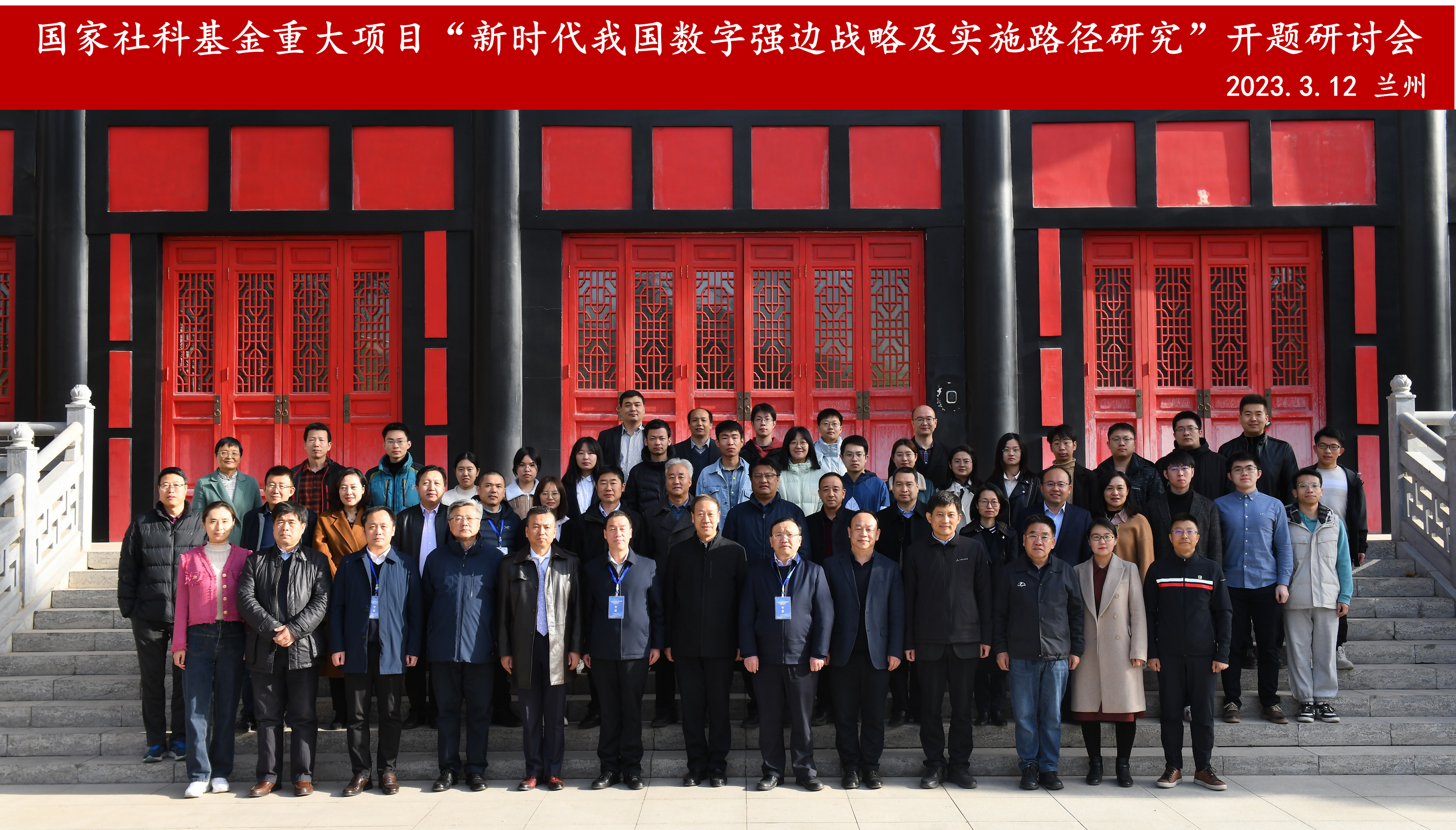News
Symposium Proposal of Key Project Granted by NSSF Held in LZU
On March 12, the symposium proposal of key project titled “Research on China’s Strategy of Digital Border Reinforcement and its Implementation Path in the New Era” (hereinafter “the project”) was held at Yifu Science Museum in LZU. The project is lead by chief prof. Sha Yongzhong. Wang Chengyong, vice director of Propaganda Department of the Gansu Provincial Party Committee, direcor of Gansu Press and Publication Administration, He Wensheng, dean of LUSM attended the symposium and delivered speech. The opening ceremony was presided over by Wang Xuejun, director of the Social Science Administration of Lanzhou University.
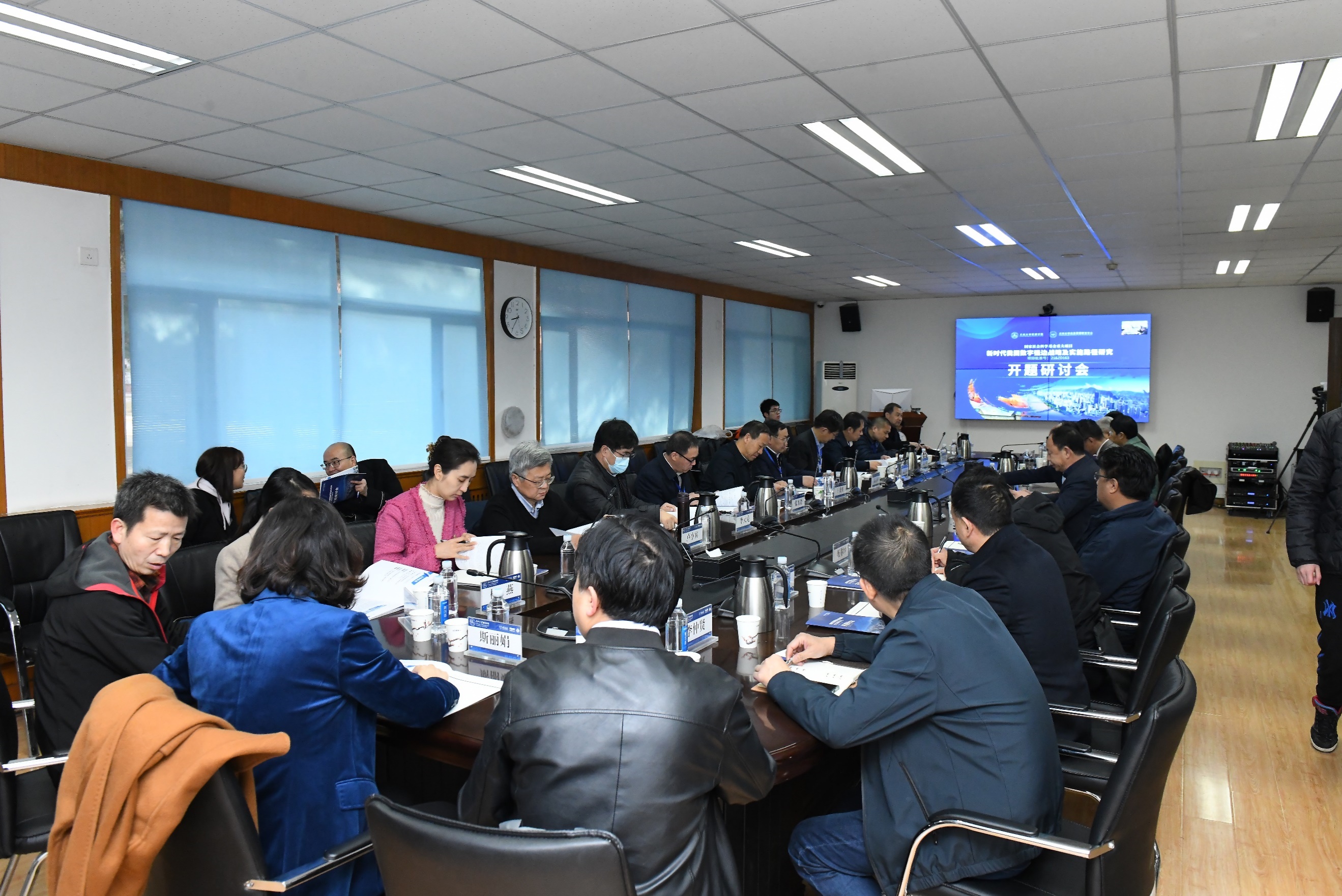
Wang Chengyong pointed that the project serves national strategic needs and is of great importance in promoting the development of philosophy and social sciences in Gansu. The approval of the project further demonstrates the effectiveness and research level of interdisciplinary construction at LZU, and we expect a batch of important outputs generated and a group of outstanding young scholars developed through the project.
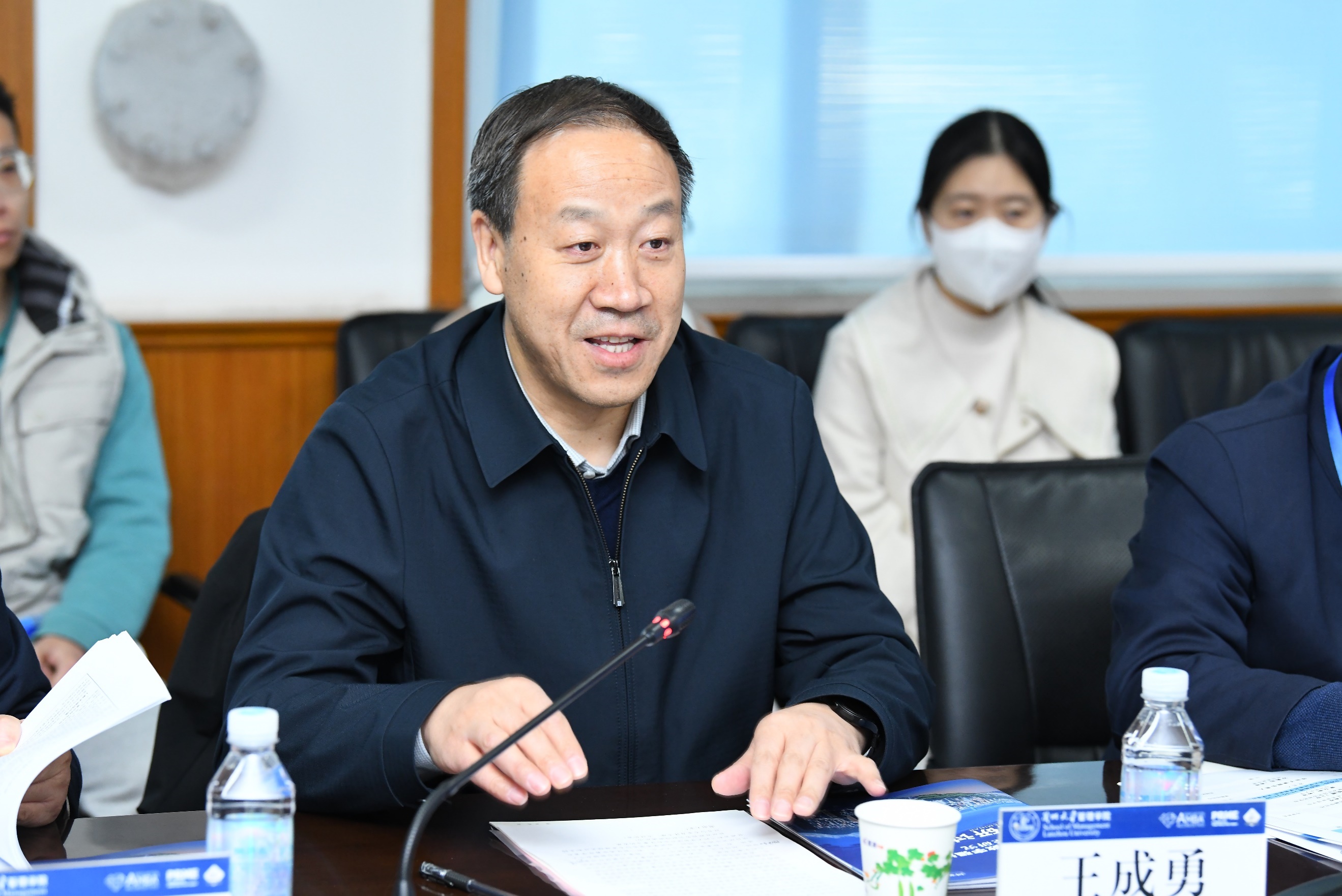
He Wensheng expressed that the project is based on the background of the new era, elevating digital border reinforcement to the height of national strategy, and has academic theoretical value and practical significance for forming a border governance theory with Chinese characteristics and promoting the modernization of border region governance system and governance capacity. LUSM attaches great importance to the project and will provide strong support from all aspects.
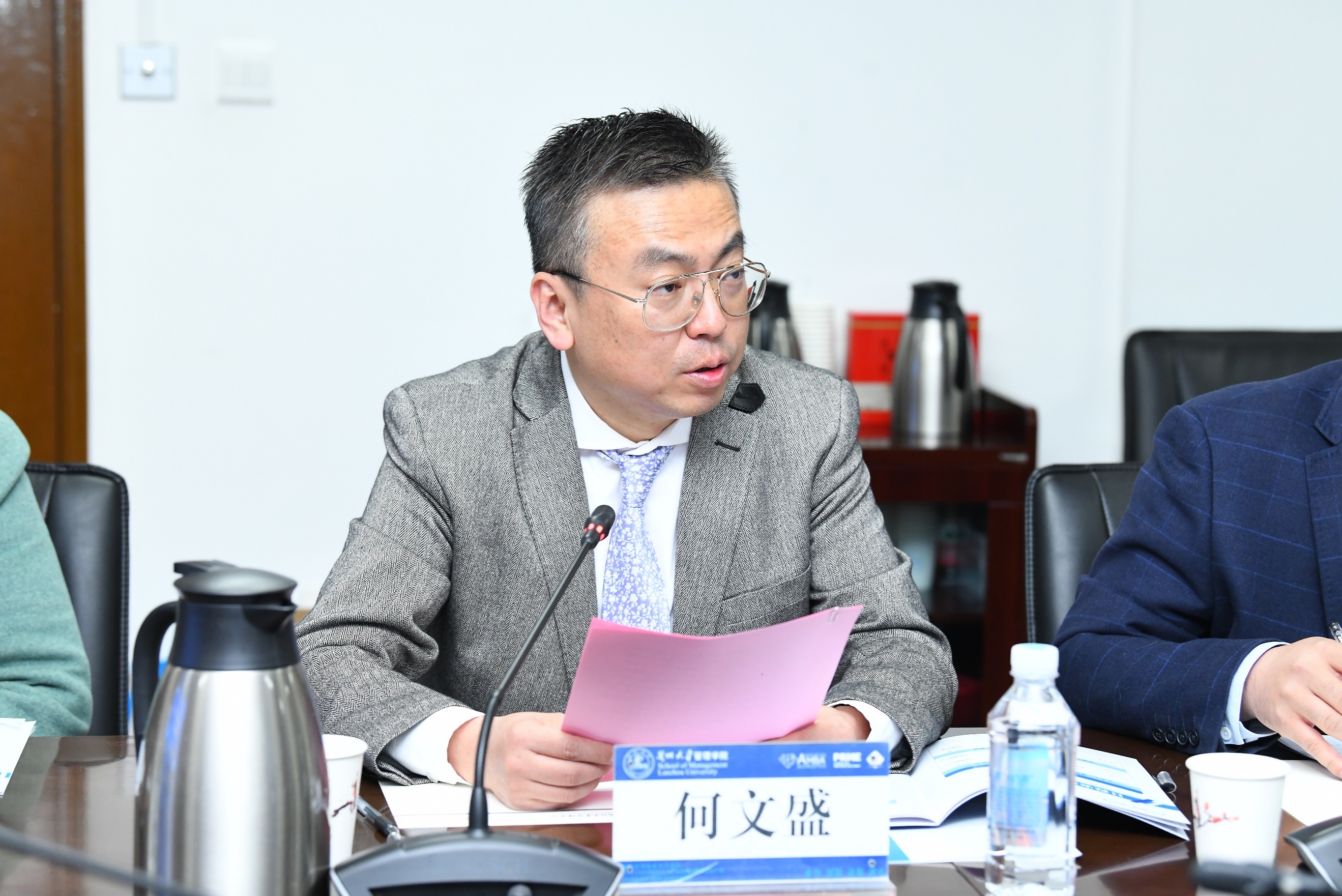
Prof. Sha Yongzhong, the chief expert of the project, reported to the panel in detail the issues related to the project’s from the perspective of its background and core concept, key questions and analysis, content and expected goals, plan and results, schedule and innovation, and its implementation.
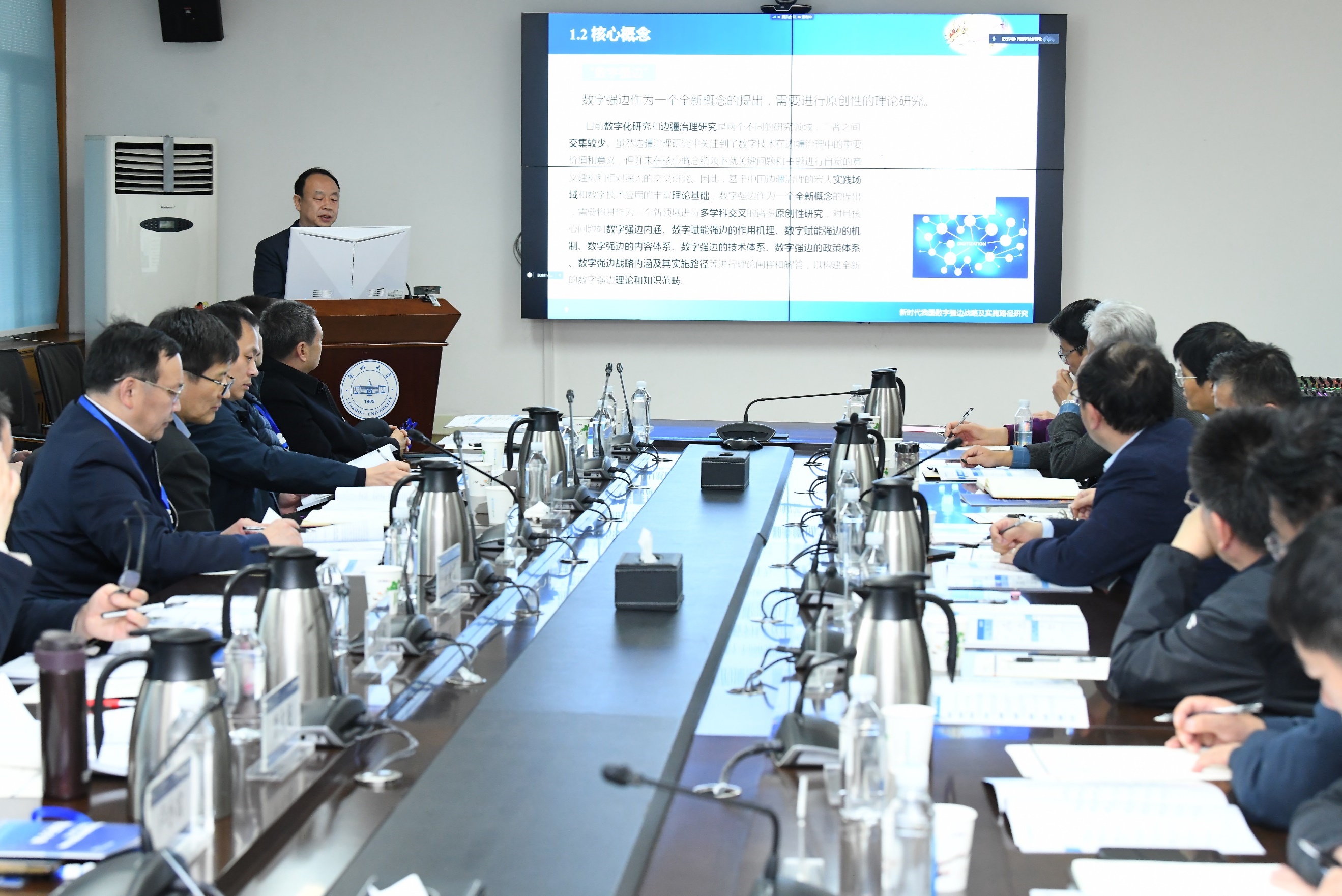
The panel, led by prof. Xia Lixin, CPC Party Secretary of Central China Normal University, consisting of prof. Zhang Dong, vice president of PLA Army Border and Coastal Defense Academy, prof. Meng Guoqing, executive dean of the Institute for National Governance and Global Governance of Tsinghua University, prof. Lu Wei, dean of the School of Information, Wuhan University, Li Dalong, theory academy office director of the Institute of Chinese Borderland Studies, CASS, prof. Lu Xiaobin, director of Information Analysis and Research Center of Renmin University of China, and prof. Li Congna, colonel of the PLA Army Border and Coastal Defense Academy as panel members, fully affirmed the theoretical value and practical significance of the project after listening, and unanimously believed that the project was an important and necessary research topic that met the current national strategic requirements with clear interdisciplinary features. Meanwhile, the panel provided instructional suggestions on aspects of positioning in Chinese context, following digital background, focusing on research objectives, highlighting focus, paying attention to the domestic and international environment, obtaining and analyzing data, ensuring human and financial resources during the implementation of the project, and producing high-level results.
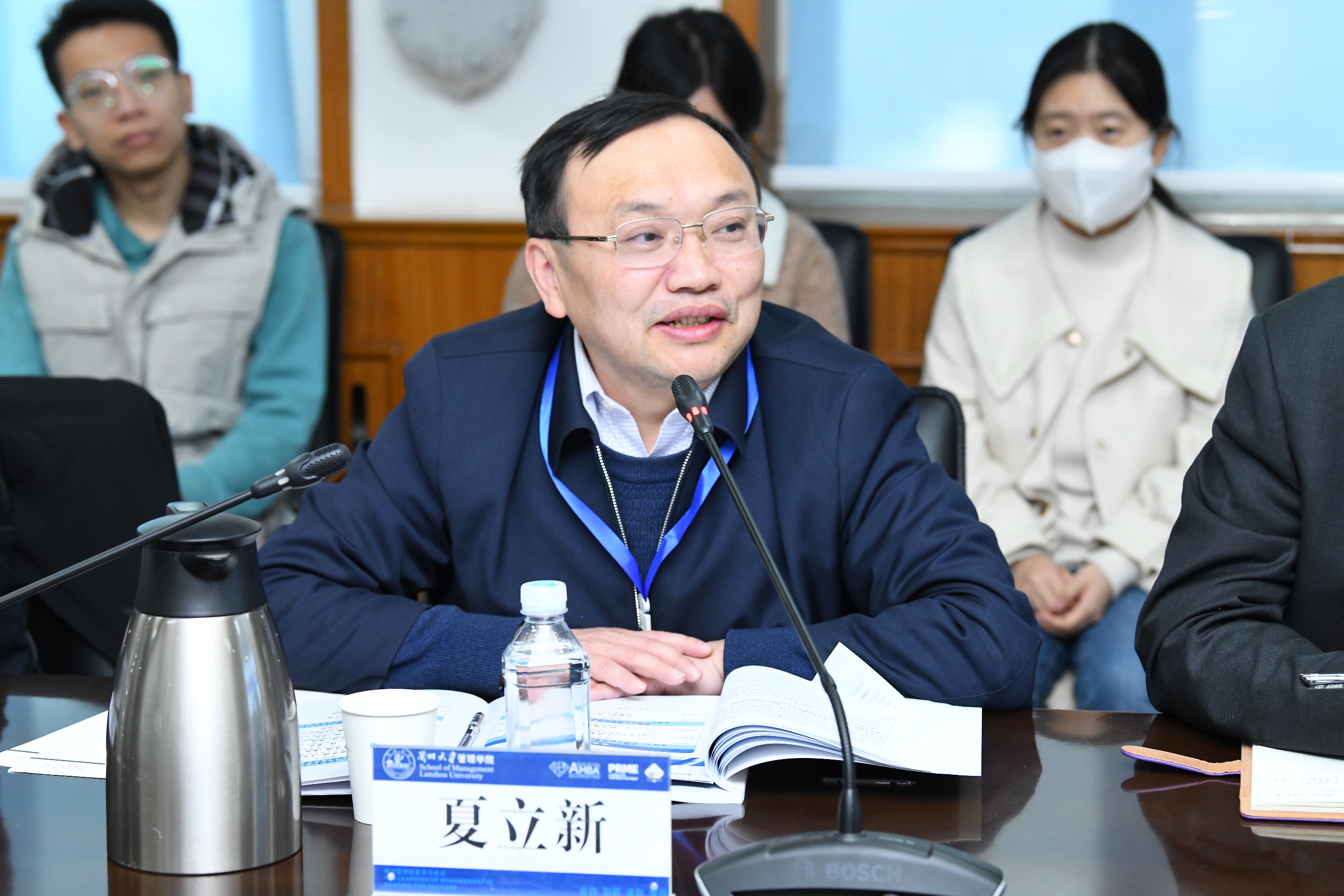
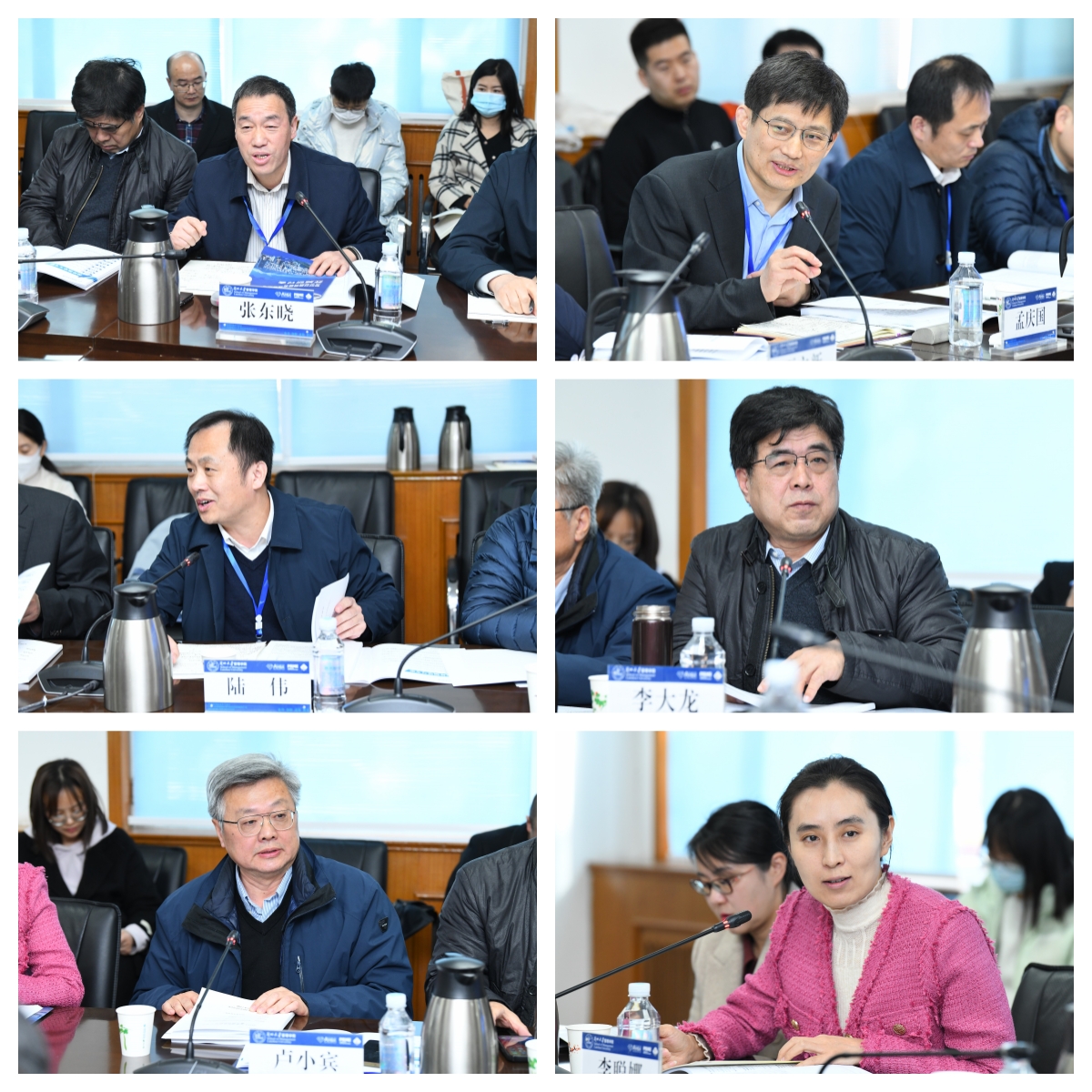
The sub project leader, prof. Lu Quan from the School of Information Management, Wuhan University, prof. Wang Hao from the School of Information Management, Nanjing University, prof. Jie Yaowen from the College of Earth and Environmental Sciences, Lanzhou University, and prof. Chai Guorong from School of Management, Lanzhou University, responded to the panel’s suggestions and expressed the need to fully understand and absorb the opinions and suggestions from all experts, and continue to advance according to the project tasks and arrangements.
Prof. Sha Yongzhong summarized the symposium with respond to the panel. He pointed out that the symposium was successful with rich content, he thanked all the expert for providing the cutting-edge and instructional guidance and suggestions that basically solves concerns met during the project’s designing, discussion and implementation. Next, the research group will absorb advice and suggestions from the panel, and spare no efforts for producing high-level research outcomes.
